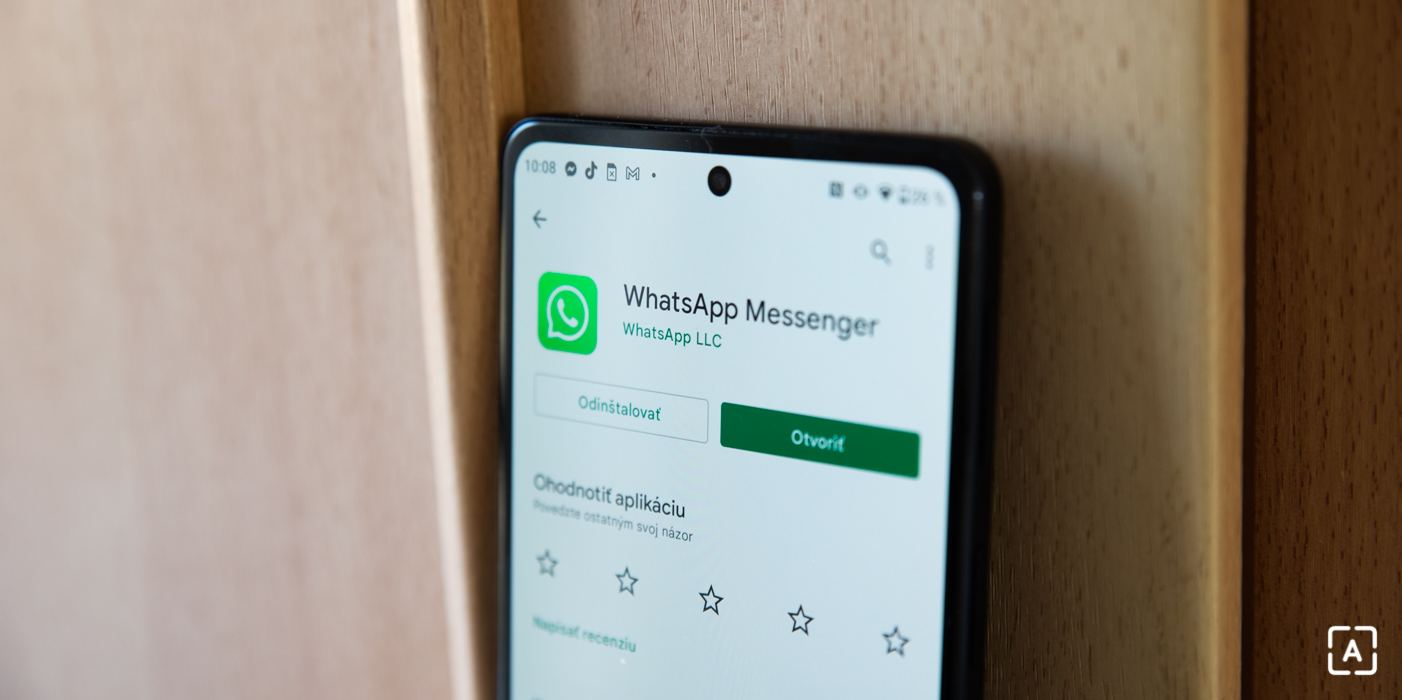Android 12 will overcome the current practice for positioning
“Allow application access to location?” This is the question that Android 11 is asking users at the moment, when a tool tries to turn on and use the GPS signal and other networks to determine the location where the mobile phone is located. Answers include “When using the application”, “Only this time” and “Disable”. These three variants have brought to the latest sharp version of the system a more thorough control of positioning and thus privacy. Android 12 seems to go even further in this direction, even more specifically.
Concepts will appear in the new Android “Precise” and “approximate” position, and it will be possible to choose between them for each application. What is the difference between them? While the former is determined primarily by the GPS satellite and is accurate to several tens of centimeters, the approximate majority are determined by GSM or WiFi networks with an accuracy of tens or hundreds of meters. It is logical that some applications will only need the second one to work, which Android creators want to use for additional protection of user privacy.
Applications for Android 12 already seem to have been developed to be able to work at least partially, even when approximate positioning. This is in case the user judges the application They just don’t need to know the exact position of the cell phone. For example, when navigating from Google Maps or hunting Pokémon, it makes sense that great accuracy is required. However, even with such applications, the choice will be up to the user. The same goes for older and out-of-date tools switch in settings Also, there is a risk that they may stop working completely.
How much do you restrict or control positioning for applications?
Zdroj: acentral


